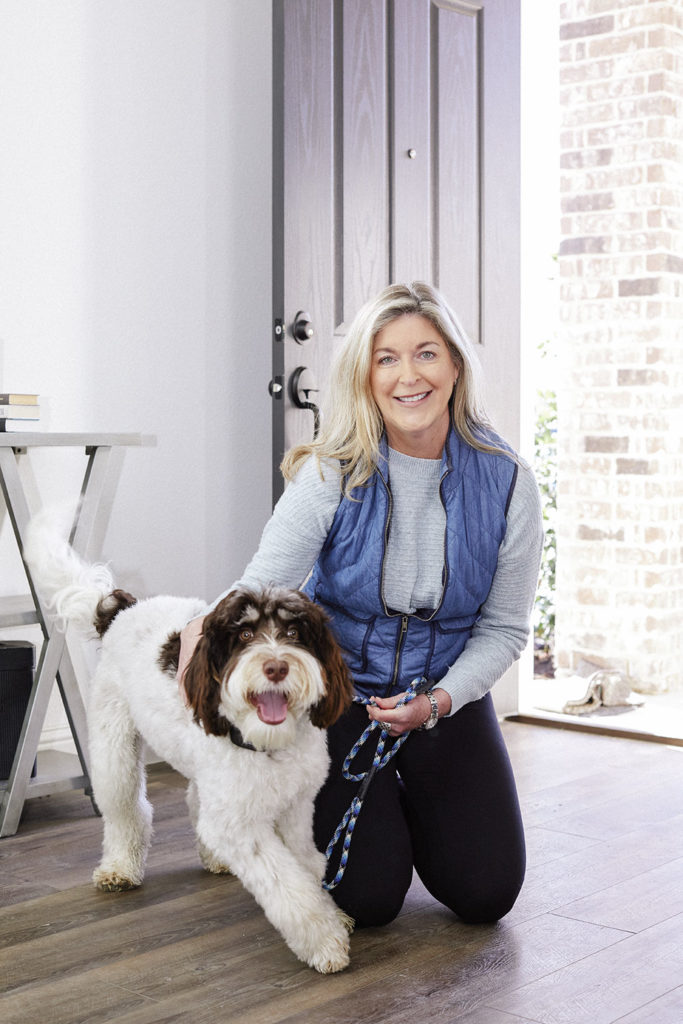Pet-Proof Your Home

We’ve all walked in to see that guilty look on our dog’s face. How was he to know that wasn’t edible? Dogs and cats are naturally curious animals and if you haven’t watched the Secret Life of Pets, add that to your summer movie list! One of the best things you can do for your furry loved ones’ is to pet- proof your home. Once you’ve taken care of business, leave home with the security of knowing a “little” accident is the worst you’ll come home to!
Top 5 pet-proofing tips: your home from top to bottom.
- Keep poisonous plants out of reach.
Pets are often intrigued by the new life of flowers blooming. Some of this beauty can be harmful to our pets. So, before you plant—in a pot or in the ground, do your research and keep poisonous plants out of reach. Place indoor plants on high shelves while outdoor plants that are harmful to animals should have a fence around them. Don’t let hanging plants droop too low – especially as our feline friends are often tempted to pull them right down! - Properly store your medications.
Common medications, such as pain relievers and cough medicine, can be extremely toxic to our pets. Small doses can cause upset stomachs, and higher doses can be deadly. Don’t be tempted by a tightly sealed bottle. Store your medicines in secured cabinets or drawers, preferably high and out of reach - Store food on high shelves.
Your dog knows when you are on your way to McDonald’s, meaning their sense of smell is highly sensitive! If you want your dog to stay in shape and to have your favorite snack when you get home, keep food on a high shelf or behind closed doors. Also, chocolate, grapes, raisins, macadamia nuts, and anything containing Xylitol, can be particularly toxic to dogs. - Cover electrical wires and loose cords.
To keep the shock factor down, using wire covers to cover up any cords that are near the ground or within easy reach of your animals, and be sure to store any loose cords when they’re not in use. - Keep cleaning chemicals behind secured doors.
Let’s face it, we are washing our hands after washing our hands. Cleaning products like bleach, ammonia, and a variety of window, kitchen, and bathroom cleaners are a significant part of our lives. All of these chemicals can be extremely toxic if accidentally ingested by our pets—even in small amounts. It’s best to store all cleaning agents behind secured cabinets, or on high shelves in pet-free zones, like a garage or outdoor shed.
Let’s do all we can to keep our pets safe!